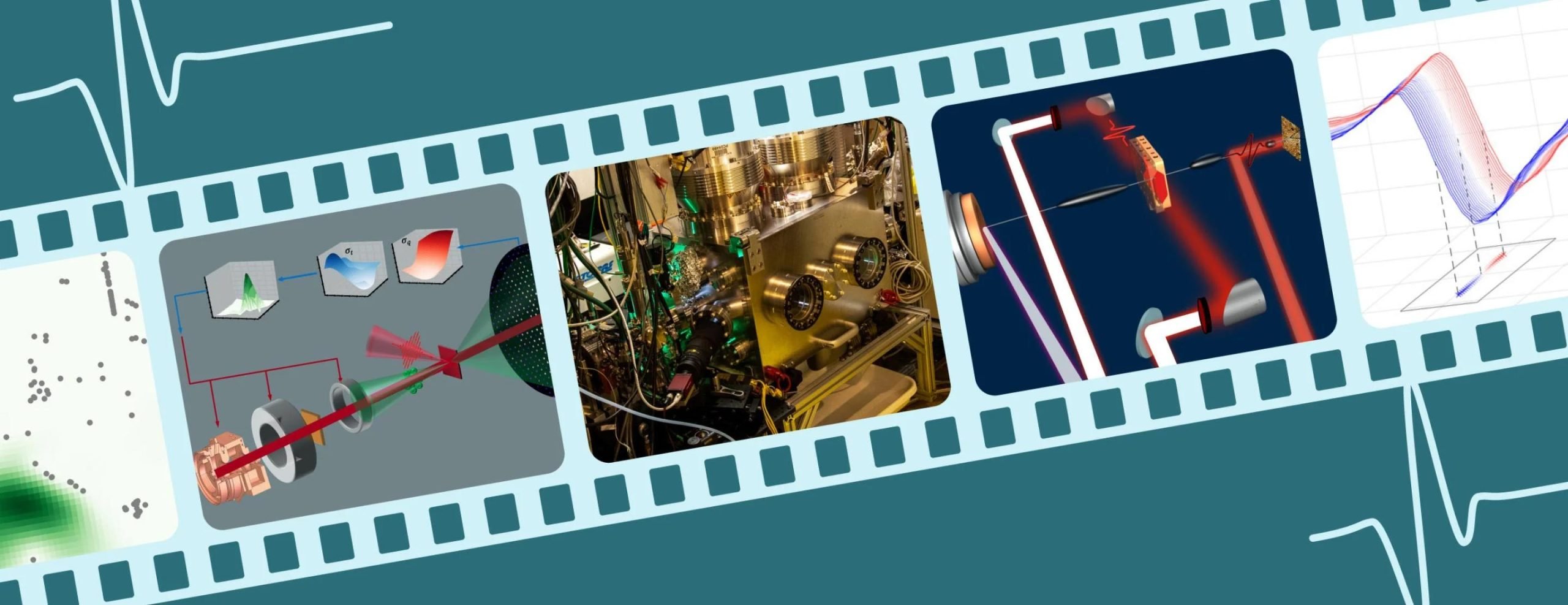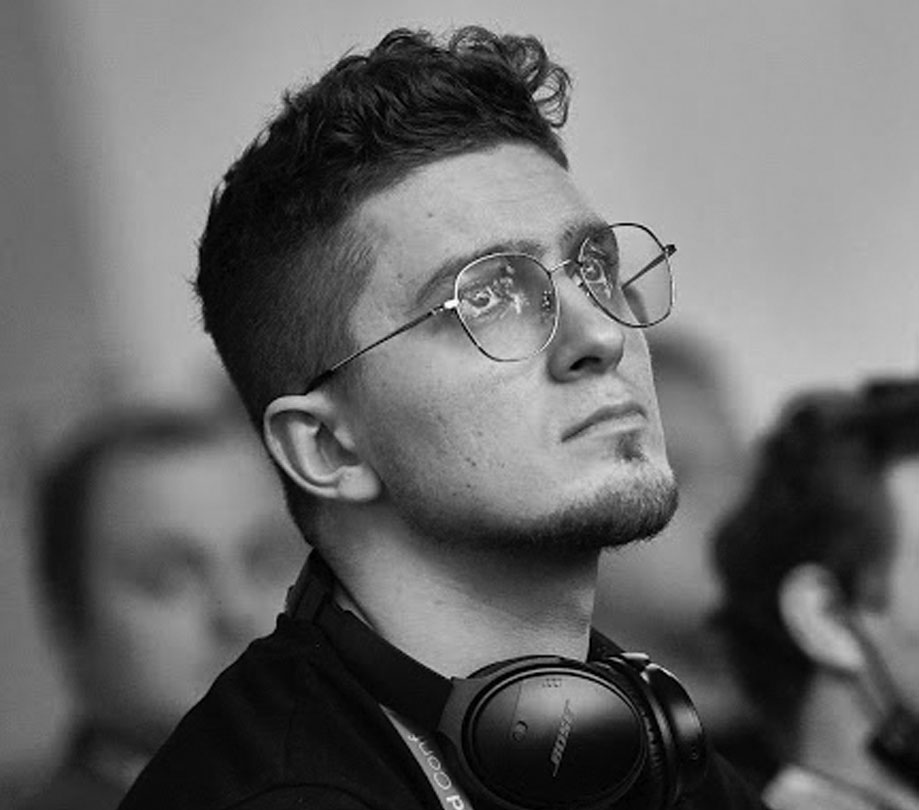SLAC’s “electron camera” can reveal some of nature’s ultrafast processes. Now, researchers across the lab have collaborated to achieve improvements to that tool to make its molecular movies even sharper, keeping SLAC at the forefront of pioneering tools for ultrafast science. Credit: SLAC
Researchers at SLAC National Accelerator Laboratory have enhanced the capabilities of their Megaelectronvolt Ultrafast Electron Diffraction instrument through two studies.
One study developed a technique to improve the electron camera’s time resolution, while the other utilized study, recently published in Structural Dynamics, one team invented a technique to improve time resolution for the electron camera. In a second, published in science that requires some of the most advanced scientific instruments in the world – instruments like MeV-UED.
MeV-UED takes snapshots by hitting samples with a beam of electrons and recording what happens in the material as the electrons pass through. The result is a molecular movie that allows scientists to peer into the behavior of molecules and atoms at ultrafast speeds and gain insights into processes that are key to energy solutions and innovative new materials and medicines, among other things.
Enhanced Precision With Bunch Compression and Time Stamping
The tricky thing is, the MeV-UED beam is made up of bunches of electrons, or electron pulses – and they can be an unruly bunch. When the electron pulses arrive at the sample of material, there is a bit of spread in the arrival time between the first electron and last electron of the pulse. This time spread, along with variations in the time between pulses, called jitter, makes it hard to pinpoint exactly when things happen in each electron camera image.
The SLAC team previously reported that using DOI: 10.1063/4.0000230
“Multi-objective Bayesian active learning for MeV-ultrafast electron diffraction” by Fuhao Ji, Auralee Edelen, Ryan Roussel, Xiaozhe Shen, Sara Miskovich, Stephen Weathersby, Duan Luo, Mianzhen Mo, Patrick Kramer, Christopher Mayes, Mohamed A. K. Othman, Emilio Nanni, Xijie Wang, Alexander Reid, Michael Minitti and Robert Joel England, 3 June 2024, Nature Communications.
DOI: 10.1038/s41467-024-48923-9
The research was supported by the DOE Office of Science and SLAC’s Laboratory Directed Research and Development Program. LCLS is a DOE Office of Science user facility.











/https://tf-cmsv2-smithsonianmag-media.s3.amazonaws.com/filer_public/34/31/3431771d-41e2-4f97-aed2-c5f1df5295da/gettyimages-1441066266_web.jpg)








Discussion about this post